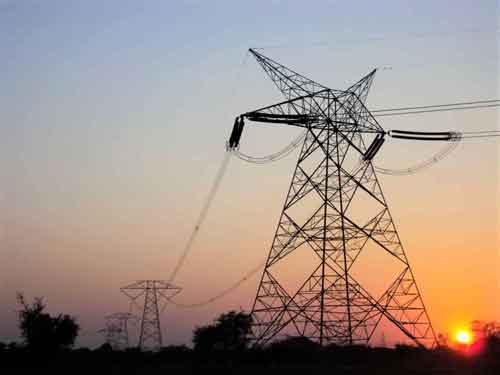Electric bills soaring: LIPA
NEW YORK, NEW YORK - From cell phone chargers to hot tubs, Long Islanders' high-tech gadgets and extravagances are causing electric bills to skyrocket, a new Long Island Power Authority survey says.
From 1997 to 2003, average household electric usage jumped a whopping 20.4 percent in Nassau and Suffolk, according to an annual survey released by the LIPA.
"We're seeing an explosion in the use of electricity in homes here on Long Island," said LIPA Chairman Richard Kessel.
And while Kessel encouraged Long Island's 2.81 million residents to seek out energy-saving appliances, he also acknowledged that the nonprofit LIPA needs to change if it wants to keep up with Long Island's ballooning power needs.
"We've got to keep up with the growth of the use of electricity," he said. "For all we've done, it's not enough."
The usage data - a first in the annual population study - shed light on how average households have been transformed by technological advances from 1997 to 2003.
Ever-expanding homes accounted for the largest chunk of the increased consumption. Houses have grown by an average of 150 square feet - or 25 square feet per year - which bumps lighting usage up 274 kilowatt hours annually.
More than 18 percent of the total household increase can be pinned on air conditioners, while wide-screen TVs and other forms of entertainment were responsible for 16 percent of the increase.
Personal computers, cell phone chargers, answering machines and even hot tubs added to the usage spike.
Though Kessel asked consumers to seek out efficient Energy Star products - which could result in a rebate from LIPA - he wasn't simply blaming energy consumers.
Kessel acknowledged that the nonprofit needs to explore more renewable energy sources to keep up with consumption, such as relying more on power garnered from the sun, wind or fuel cells.
"I believe we have to make those investments," he said.
Related News

Russia to Ban Bitcoin Mining Amid Electricity Deficit
MOSCOW - In a significant shift in its stance on cryptocurrency, Russia has announced plans to ban Bitcoin mining in several key regions, primarily due to rising electricity deficits. This move highlights the ongoing tensions between energy management and the growing demand for cryptocurrency mining, which has sparked a robust debate about sustainability and resource allocation in the country.
Background on Bitcoin Mining in Russia
Russia has long been a major player in the global cryptocurrency landscape, particularly in Bitcoin mining. The country’s vast and diverse geography offers ample opportunities for mining, with several regions boasting low electricity costs and…




